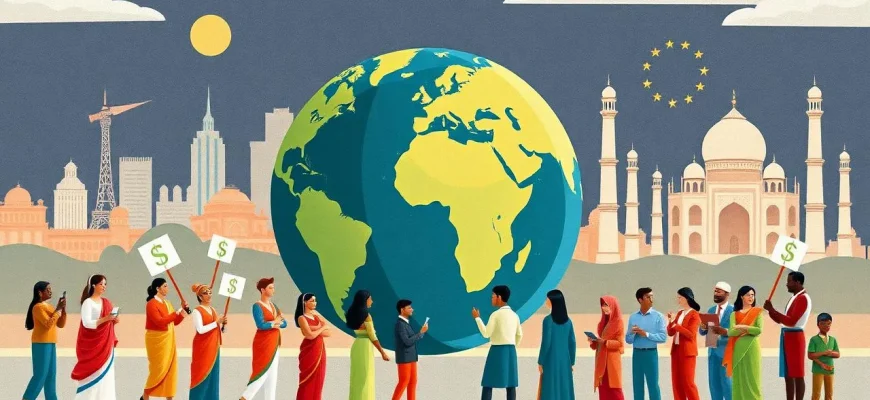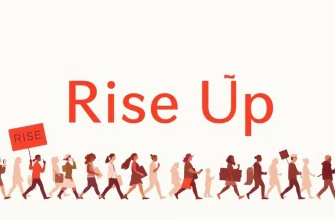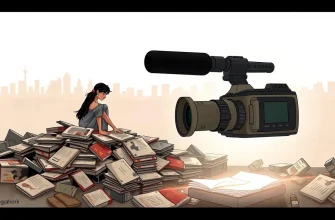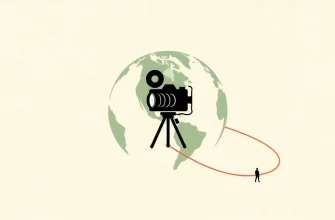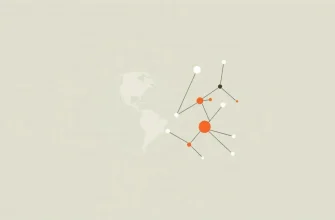Globalization has transformed the world in ways that are both profound and often controversial. This curated list of documentaries delves into the multifaceted impacts of globalization, from economic disparities to cultural exchanges. Each film provides a unique lens through which to understand the global village we inhabit, offering both critique and celebration of our interconnected world.

Life and Debt (2001)
Description: Focused on the economic impact of globalization in Jamaica, this film critiques the International Monetary Fund's policies and their effects on local economies, showing the stark contrast between tourism and local poverty.
Fact: The film uses the book "A Small Place" by Jamaica Kincaid as a narrative framework. It was also screened at the Sundance Film Festival.
 Watch Now
Watch Now 
The Corporation (2003)
Description: This documentary examines the concept of the corporation throughout recent history up to its current incarnation, exploring how corporations have become dominant institutions in our society and how they shape global economic policies.
Fact: The film was nominated for an Academy Award for Best Documentary Feature. It features interviews with numerous experts, including Noam Chomsky and Naomi Klein.
 Watch Now
Watch Now 
The End of Poverty? (2008)
Description: This documentary challenges the viewer to rethink the causes of poverty, focusing on how historical colonialism, debt, and trade policies have shaped the economic landscape of developing countries.
Fact: The film was directed by Philippe Diaz, who also co-wrote the script. It was screened at numerous film festivals worldwide.
 Watch Now
Watch Now 
Inside Job (2010)
Description: An in-depth look at the global financial crisis of 2008, this film explores how deregulation, conflicts of interest, and systemic corruption contributed to the economic meltdown, highlighting the global implications.
Fact: It won the Academy Award for Best Documentary Feature in
 Watch Now
Watch Now 
The Age of Stupid (2009)
Description: Combining documentary footage with a fictional narrative, this film looks at the future consequences of current global warming trends, questioning our collective inaction in the face of climate change.
Fact: It was one of the first films to be released simultaneously in cinemas, on DVD, and online. The film features Pete Postlethwaite as a man living alone in the devastated future world.
 Watch Now
Watch Now 
Darwin's Nightmare (2004)
Description: Set in Tanzania, this film explores the ecological and social consequences of the Nile perch fishing industry, illustrating the broader impacts of globalization on local communities.
Fact: It won the Best World Documentary at the Sundance Film Festival. The film was also nominated for the European Film Award for Best Documentary.
 30 Days Free
30 Days Free 
The World According to Monsanto (2008)
Description: This documentary investigates the controversial practices of Monsanto, a multinational agrochemical and agricultural biotechnology corporation, and its role in global food production and genetic engineering.
Fact: The film was directed by Marie-Monique Robin, who spent three years researching and filming. It has been translated into 16 languages.
 30 Days Free
30 Days Free 
The Yes Men Fix the World (2009)
Description: Two activists use humor and hoaxes to expose corporate greed and the negative effects of globalization, showing how corporations manipulate public perception and policy.
Fact: The film includes a notorious scene where the activists impersonate Dow Chemical representatives and announce a fake compensation plan for the Bhopal disaster.
 30 Days Free
30 Days Free 
The Take (2004)
Description: This documentary follows unemployed workers in Argentina who take over their closed factories to restart production, offering a grassroots perspective on economic globalization and worker rights.
Fact: Directed by Avi Lewis and Naomi Klein, the film was inspired by the real-life events of factory takeovers in Argentina during the economic crisis.
 30 Days Free
30 Days Free 
Globalization is Good (2003)
Description: A counterpoint to many anti-globalization documentaries, this film argues that globalization, when managed correctly, can bring prosperity and development to poorer nations.
Fact: The film features interviews with economists like Jagdish Bhagwati, who argues in favor of free trade and open markets. It was produced by the Fraser Institute, a Canadian think tank.
 30 Days Free
30 Days Free 
